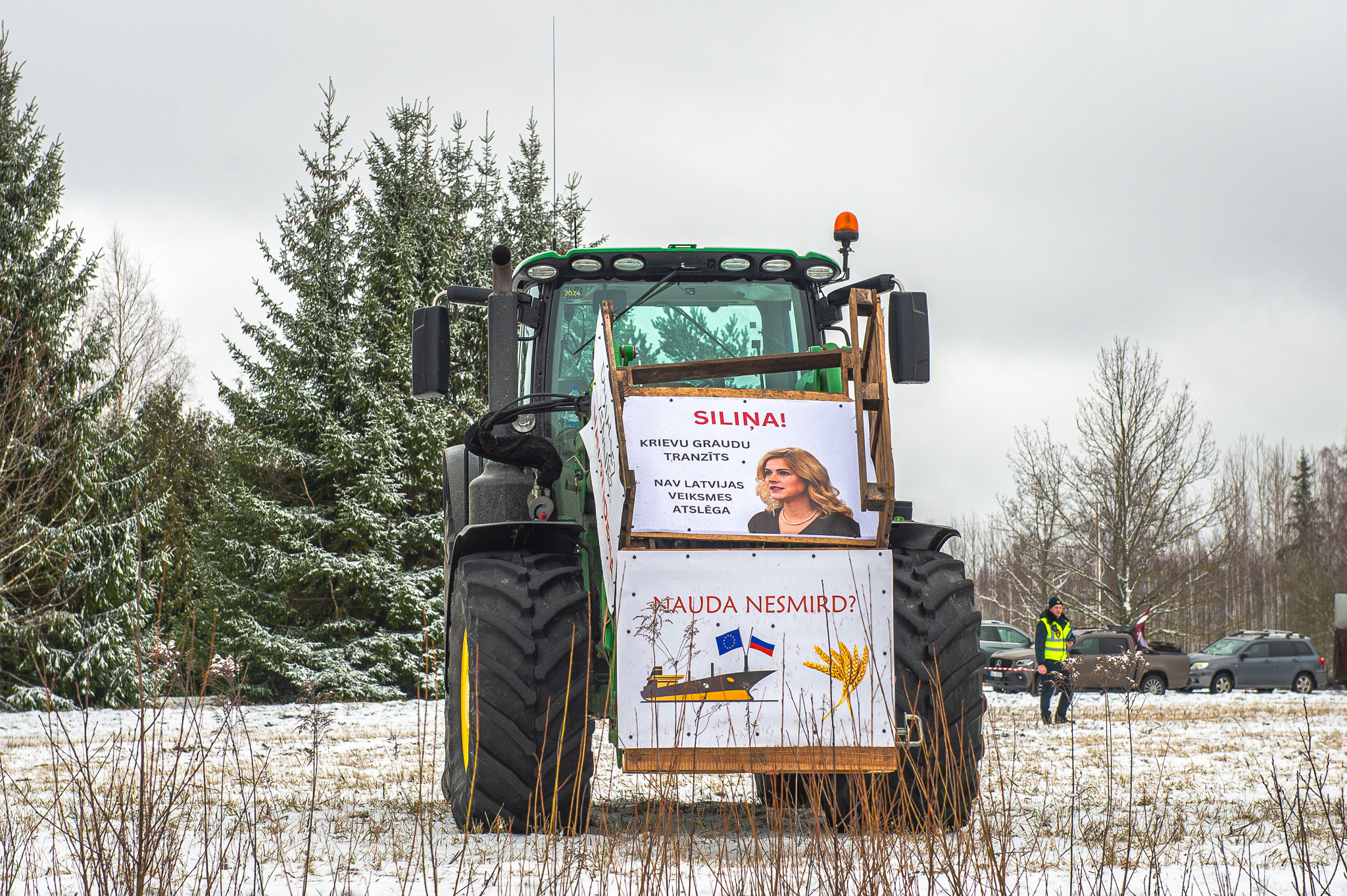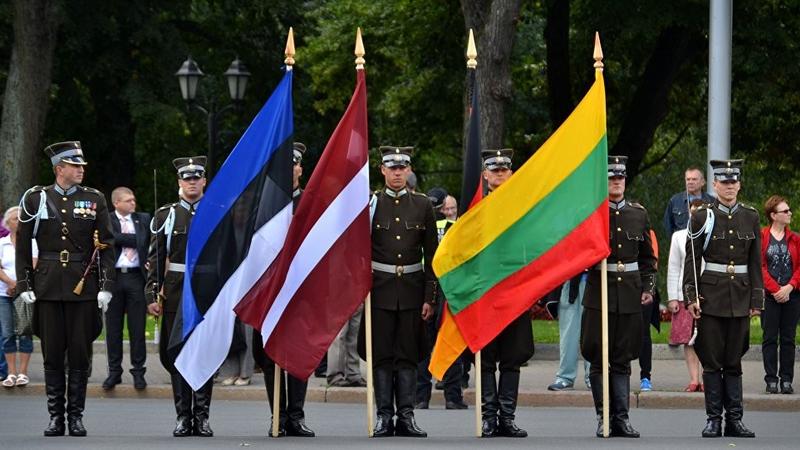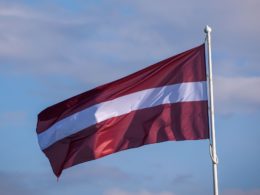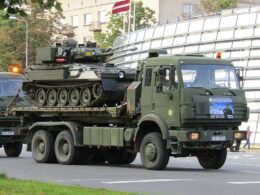- UK imposes new sanctions against Russia to mark two years of full-scale war
- Denmark signs long-term security agreement with Ukraine
- Bundestag approves further military aid for Ukraine, rejects Taurus missile delivery
- New Zealand sends Ukraine $ 16.4 million aid
Latvia urges EU to shut visa door on Russians
Latvian interior and foreign ministers cite security risks as grounds for halting all new visas to Russian nationals.





